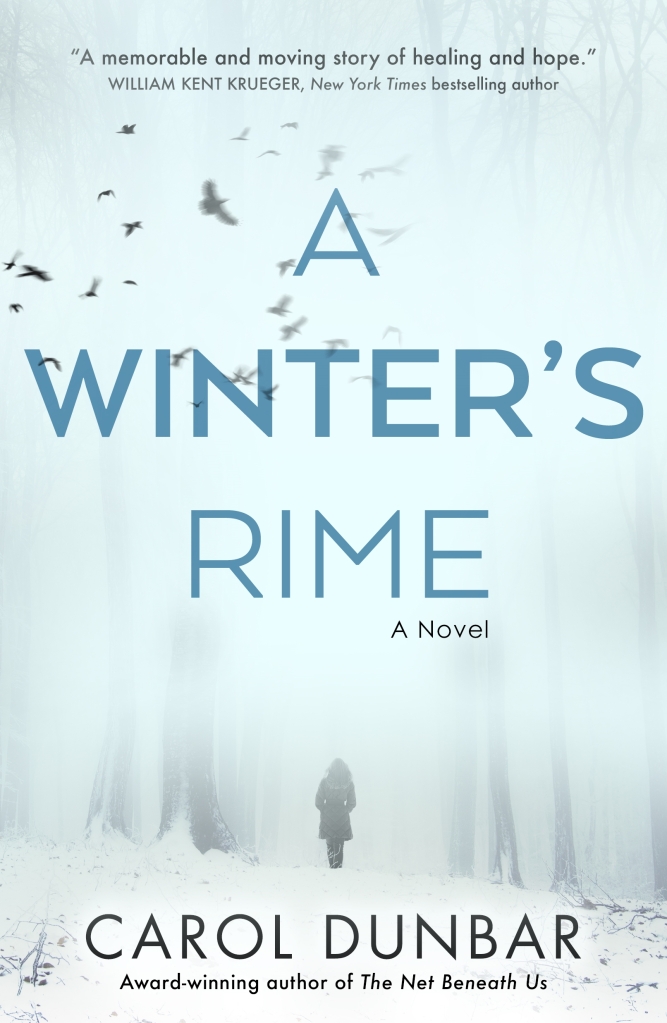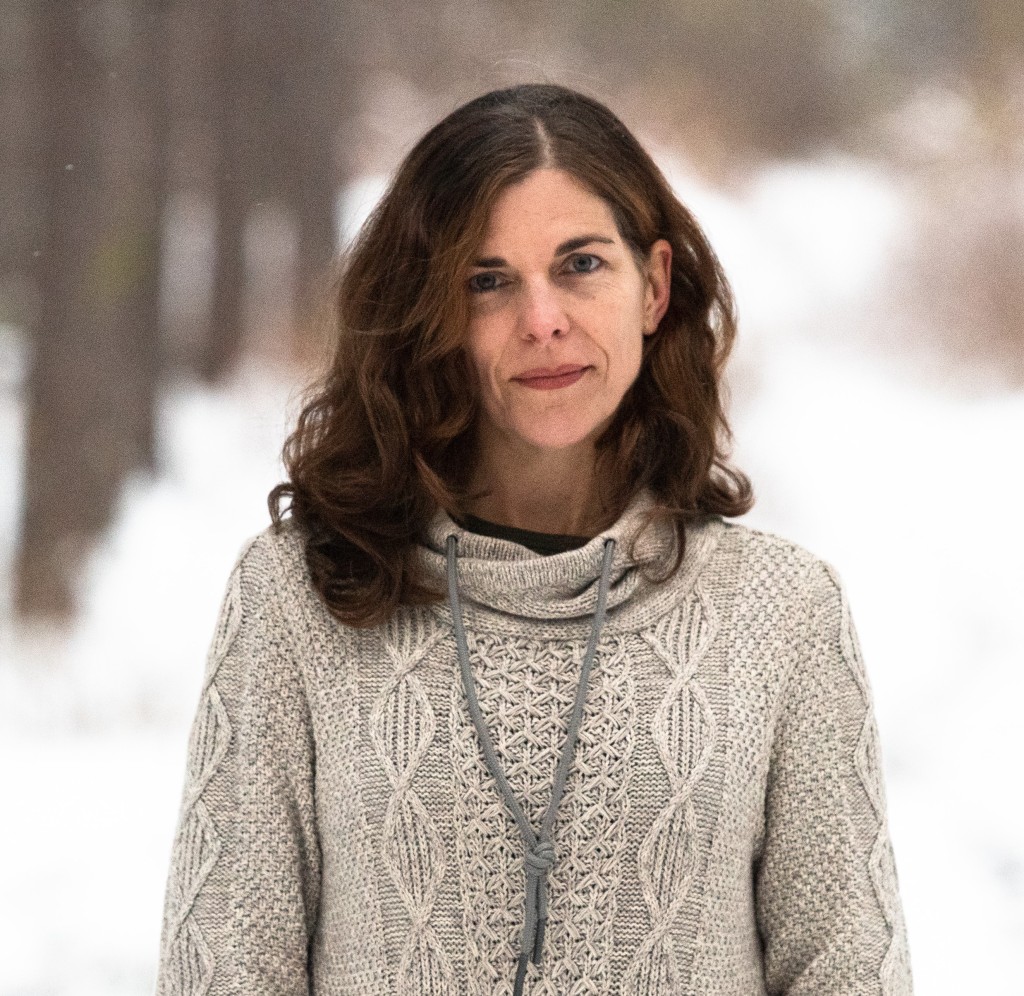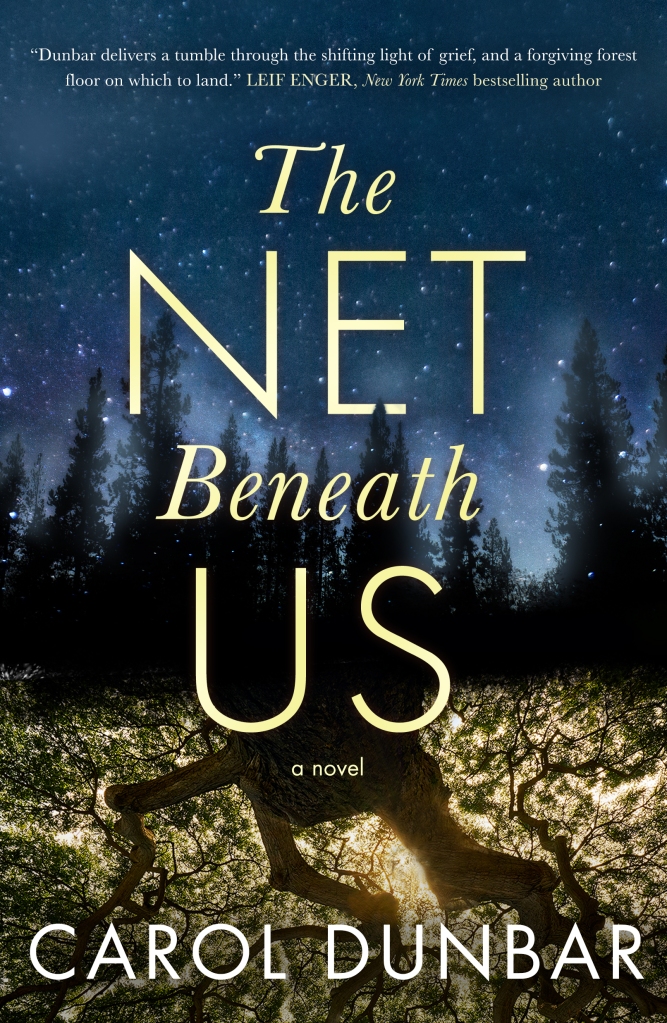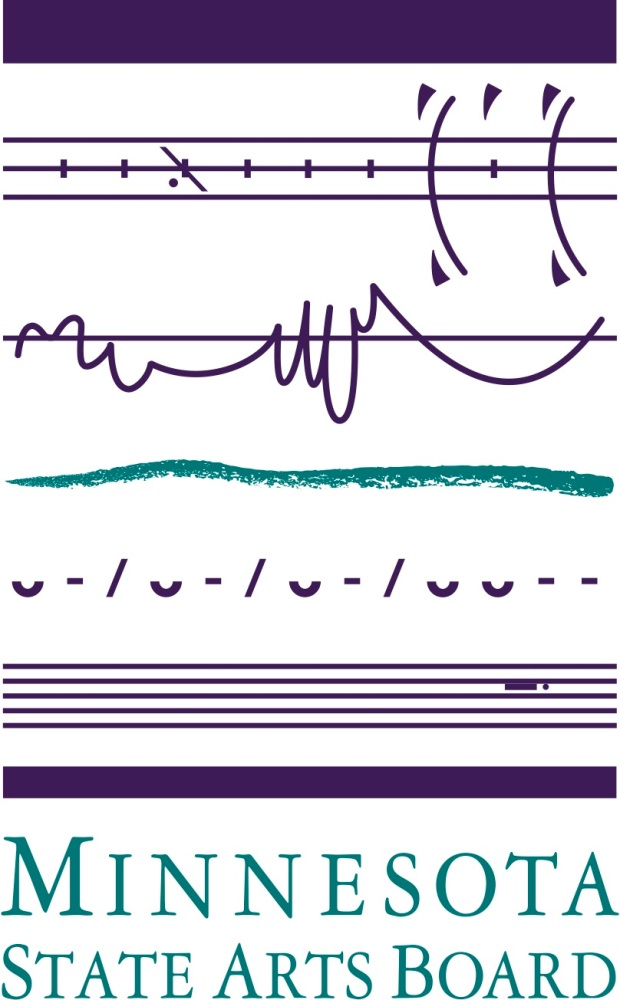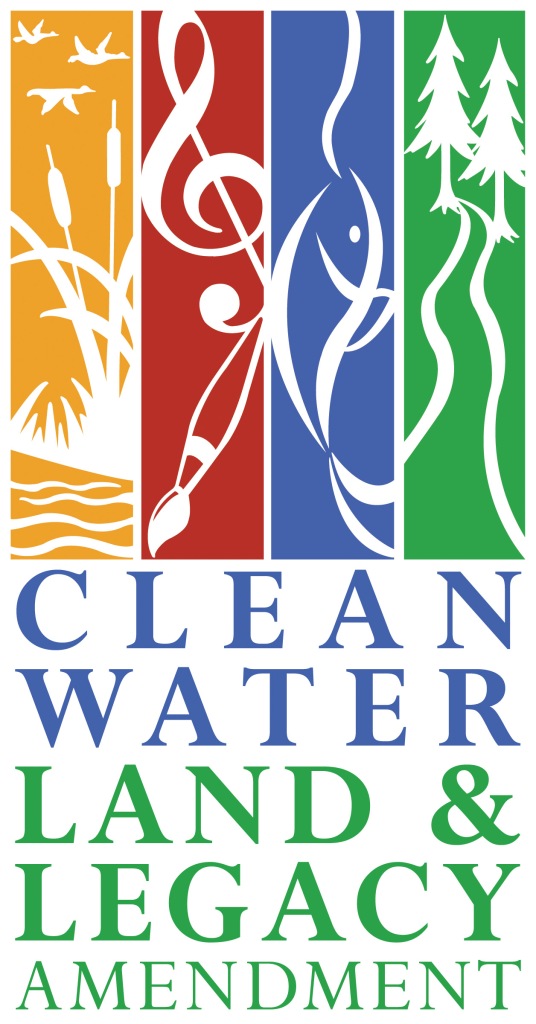How to Share your Writing with Others
Three day workshop:
Friday, May 3rd at 7pm over Zoom
Saturday, May 4 and 11 at 1:30pm at the Quaker Meetinghouse
Carol Dunbar’s debut novel, The Net Beneath Us, and her second novel, A Winter’s Rime, both set in northern Wisconsin gained national attention. But her first creative endeavors were performance, for which she earned her degree. Now Carol helps writers learn how to take center stage, from take charge of making pitches to publishers to doing powerful public readings to improving writing through reading dialogue aloud. The three-day workshop starts with a virtual introduction class on the evening of Friday,
May 3, then moves into an in-person class on the afternoons of Saturday, May 4 & 11, in the Quaker Meetinghouse at 1802 E. 1st St. (it even has a stage!).
Whether your goal is to self-publish or pursue traditional channels, knowing how to present and read your work is de rigueur for writers of both poetry and prose. Getting it ready to meet its readers can elevate the writing and help you take it to the next level. In this three-day generative workshop, practice how to craft a logline, talk about your project, and give a reading in a safe and supportive environment with other writers in the trenches who are learning along with you.
Day One will focus on the elements of the pitch, how to write a logline, and gain clarity about your project by exploring comparative titles. This can be a useful exercise to undertake between rewrites, especially if you’re stuck or having trouble articulating what your story is about. Generative exercises will include reading sample loglines, drafting your own, and sharing with the group.
Day Two we will focus on the mechanics and enjoyment of reading well. Even if you are not yet ready to present your work, reading out loud offers a powerful editing process. It brings awareness to tone, pacing, and word choice; it helps to build tension, identify awkward phrasing, and avoid repetitions; it can also help you fall in love with your story again. Topics covered will include best practices for increasing volume, conquering self-consciousness, where to look, what to do with your hands, how to delineate character voices when reading dialogue, and identifying the emotional arc of a scene. Workshop volunteers will practice by reading aloud work that is not their own.
Day Three participants will have an opportunity to give a five-minute presentation of their own work, including the loglines workshopped on day one. Feedback from the group will focus on strengths; feedback from the instructor will focus on refinement.
